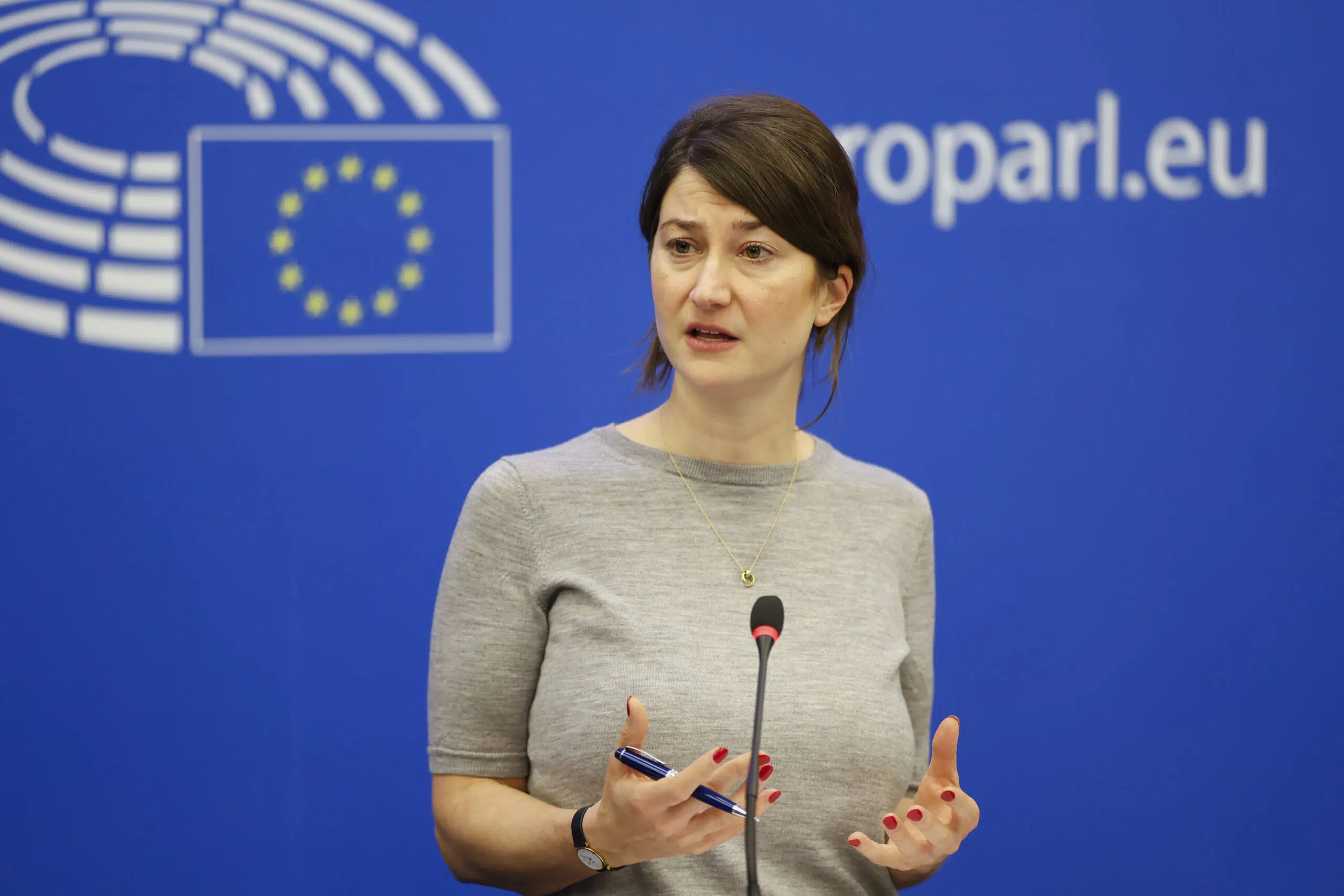Brussels – The final approval of the EU directive on corporate sustainability standards is finally going downhill. After an obstacle race in the EU Council, with several member states strenuously opposing the confirmation of the December interinstitutional agreement, the text—watered down and approved by the Council on March 15—was finally adopted today (April 24) by the Parliament’s plenary session in Strasbourg. Barring any new resounding noes, the capitals will confirm the due diligence directive in the last step of the EU legislative process. received the green light from MEPs with 374 votes in favour, 235 against, and 19 abstentions. The two groups on the conservative wing, Identity and Democracy (of which the Lega is a member) and the European Conservatives and Reformists (the group of Fratelli d’Italia), opposed it en bloc, while the European People’s Party split, with the Forza Italia delegation choosing not to support the directive.
The new rules, which oblige companies to prevent, stop, or mitigate the negative environmental and human rights impacts of their activities throughout the supply chain, will apply to parent companies, companies with more than 1,000 employees and a worldwide turnover of more than €450 million, and to franchises in the Union with a turnover of more than €80 million, at least 22.5 of which coming from license fees. In the agreement reached in December in the trialogues, the application of the rules had been set for all companies with more than 500 employees and a turnover of €150 million.

The directive’s rapporteur for the EU Parliament, Social Democrat Lara Wolters, stressed at a press conference on the sidelines of the vote that “increasing the thresholds was not part of the December agreement,” where the EU institutions had negotiated for more than 16 hours. “But in the end, it’s the result that counts,” she continued, “we start with larger companies, and in the future, we will look at a broader scope and for the financial sector. She highlighted that a crucial node in implementing the directive is ensuring that companies “are not able to use tricks to split into smaller companies.” Wolters assured that “this will not be possible.”
All companies that fall within the set thresholds will be required to integrate the new obligations on environmental and human rights compliance into their policies, make ad hoc investments, obtain contractual guarantees from partners, improve their business plan, or provide support to small and medium-sized business partners to ensure that they meet the new obligations. They will also need to adopt a transition plan to align their business model with the Paris agreement’s 1.5°C global warming threshold.
To allow companies to comply with the directive, implementation will be gradual: companies with more than 5,000 employees and a turnover of more than 1,500 million starting in 2027, those with more than 3,000 employees and a turnover of more than 900 million starting in 2028, and finally those with more than 1,000 employees and a turnover of more than 450 million starting in 2029. Member states will take charge of supervision and sanction: they will have to establish or designate a supervisory authority to investigate and sanction noncompliance, with fines of up to 5 per cent of global net turnover.
English version by the Translation Service of Withub






